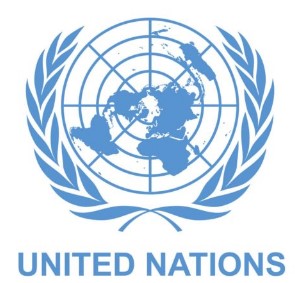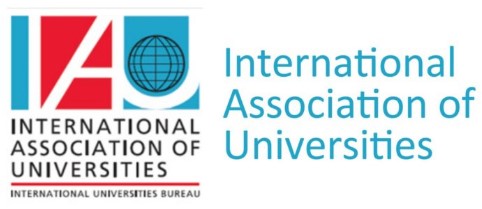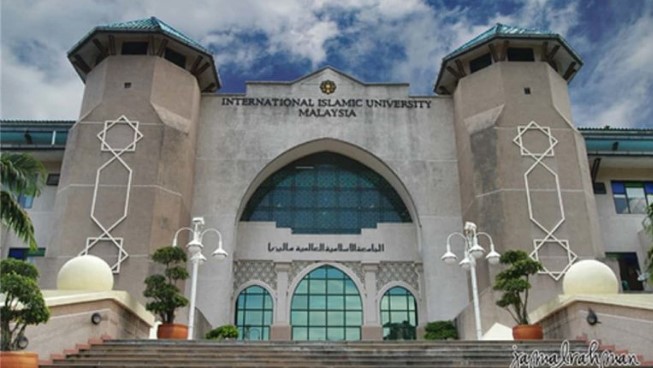Move Aside Ranking Freaks, Welcome the Show- and-Tell!
Emeritus Professor Tan Sri Dato' Dzulkifli Abdul Razak
Opinion - Bacalah Malaysia
August 3, 2023

Few would notice that last week featured the International Green Gown (IGG) Awards Ceremony 2023, as part of the United Nations (UN) High-Level Political Forum on Sustainable Development (SD) in New York.

It is said the biggest event in the annual SD Goal calendar, presenting an opportunity for taking stock of progress towards the goals of the UN’s 2030 Agenda, sharing innovations, and identifying priorities. Indeed, the IGG is an annual event for universities around the world to showcase their best work on Education for SD.
Beyond just publications and citations, but impacts the real, living world. It is a non-commercial exercise under the auspices of the United Nations Environmental Programme supported by at least four illustrious academic organizations.
They are the International Association of Universities, the Association of Commonwealth Universities, the Higher Education Sustainability Initiative, a joint initiative from multiple United Nations agencies and higher education, and L’Agence universitaire de la Francophonie, the Francophone University Agency.

It brings together more 2000 academic institutions around the world. Also, The Alliance for Sustainability Leadership in Education.
Reportedly, they do not receive any funding, except for sponsorship, to run the International Green Gown Awards and donation that helps to continue to celebrate the exceptional sustainability initiatives from around the world.
All this puts IGG as a class above any form of ranking practices that is commercially-driven.
The IGG, as an appraisal system is more authentic, with no axe-to-grind. It takes the form of a developmental approach of show-and-tell where everyone wins.
Not just a few stacked over one another and ranked to be the best based on some formula that has come under criticism of late.
Not that they are new but over time they prove to be untenable. Often are claims of methodological flaws and some had withdrawn from the ranking games, including those among the US Ivy League institutions. Most recently, several top Korean universities did something similar in unprecedented ways.
A wake-up call for this part of the world that are usually rather compliant. But no more. On the issues of sustainability, for example, the Koreans specifically alleged it as ‘arbitrary’ calculated without providing sufficient definition, making it difficult to know the consistency of the scores. It lacks clarity and focus.
This put the IGG in an enviable position as a measure that is reliable without distorting what SD is supposed to be understood. Namely, being transformative, collaborative, inclusive and transdisciplinary; mostly, community-based and locally contextualised. Thus, more relevant. No greenwashing.
What takes the cake is the fact that IGG is open to all without having to incur a single cent to participate. Nothing to sponsor or to financially support, making it more genuine in that it is not financially constrained.
Thus, more countries in the Global South can participate and be recognised because of their unique academic context.
It is not the case of one-size-fits-all like in almost all the ranking criteria, framed without much query, even though it is biased and irrelevant to the local or national agenda.
All in all, the IGG model is preferred as being just and fair in meeting the overall SD targets. That is, the 5Ps are made up of people, planet, prosperity, peace and partnership in interconnected ways. Arriving at any one of the Ps with no corresponding impact on the others, if not all, is deceitful.
Not sustainable. Sad to say this is how the so-called “ranking” of sustainability is currently disguised as “impactful.”
Not to mention some of the gaps in defining the term, SD, from indigenous Asian viewpoints that have embedded culturally for centuries before. Implying that SD could be an agent of neocolonialism if uncritically understood away from the core cultural values of a particular region if not national and local domain.
Last but not least is the orientation of the IGG itself, namely, towards human- and community-centricity encompassing eight categories, ranging from Benefiting Society to Climate Action; from Diversity, Equity, and Inclusion in Sustainability to Nature Positive.
The emphasis is on demonstrating best practices within the local context and community engagement. It is about “do-or-die,” beyond the conventional academic “publish-or-perish” which is now widely discredited.
This year the IGG identified 93 finalists involving 25 countries. And, registered almost 60 percent increase in overall participation. Poised to be the trend forward.
The International Islamic University Malaysia was announced as the Winner for the first category with another as Highly Commendable. These are in addition to six others as finalists for the other categories.

In 2020, IIUM was declared the Winner for The Institution for Sustainability. The first for Malaysia, Asian, and the Muslim world.
- The writer is rector, International Islamic University Malaysia (IIUM)
